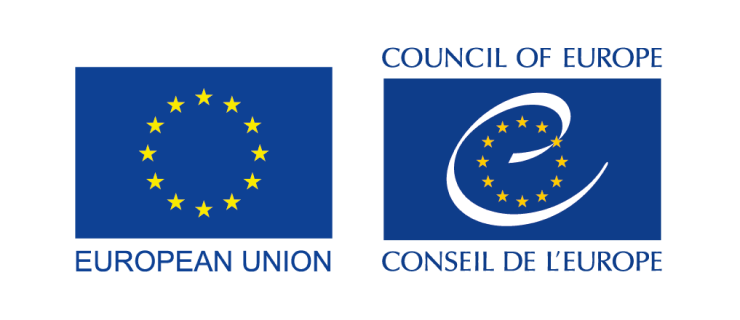International Organisation Resource
Quality history education in the 21st century - Principles and guidelines
Council of Europe • Council of Europe • 2018
Levels and forms of education
Primary Education
Lower Secondary Education
Upper Secondary Education
Teacher Training
Other Levels and Forms of Education
Resource type
Conceptual or themathic publications
Historic approaches concerned
Cultural History
Gender History
Political History
Social History
Transnational History
Other Approaches
Historic period
No data
Countries or areas concerned
Without regional focus
Languages
English
Description
The overall aim of these Principles and guidelines, therefore, is to enhance the expertise and capability needed if history education is to play that role successfully. They build on the Council of Europe’s vision of history teaching as reflected in a number of key documents of the Committee of Ministers and the Parliamentary Assembly. The main input has come from four regional seminars held during the period 2016-2017 in the framework of the intergovernmental project Educating for diversity and democracy: teaching history in contemporary Europe. These Principles and guidelines are addressed primarily to those politicians, officials and others in each member state who are responsible for the development of the school history curriculum; but they are also for those teachers and teacher trainers whose role it is to deliver the curriculum to students. Ideally, however, it is hoped that all who have an interest in the nature, quality and impact of the history taught in schools – including students, their parents and the wider public – will find these Principles and guidelines useful. Although the principles and guidelines are specific to the teaching and learning of history, they should be viewed in the context of the wider educational aims and commitment expressed by the Council of Europe, the European Commission and UNESCO.
Keywords
democracy
democratic culture
intercultural dialogue
multiperspectivity
competences
skills
critical understanding
values
attitudes
equality
tolerance
controversial issues
sensitive
propaganda
information and communication technologies
assessment
